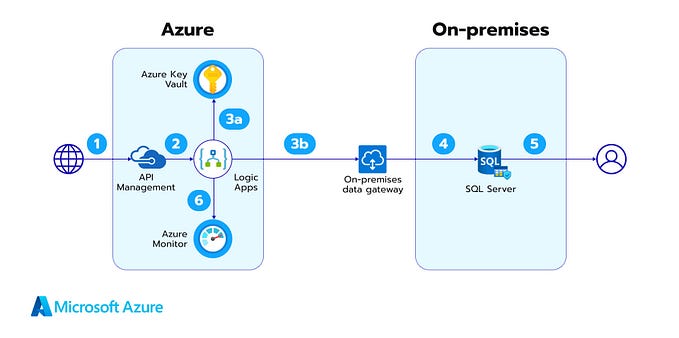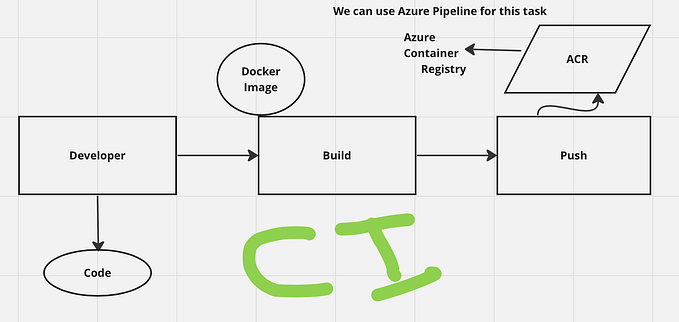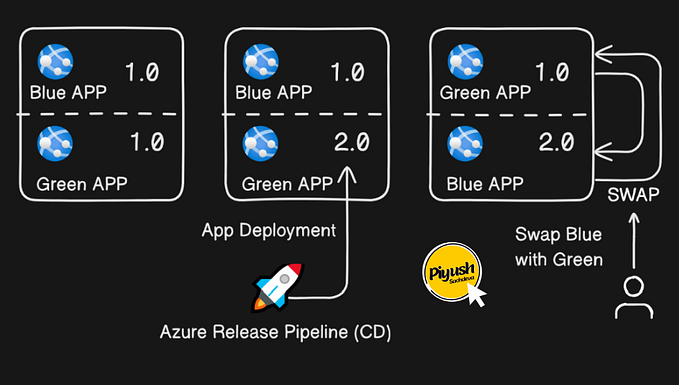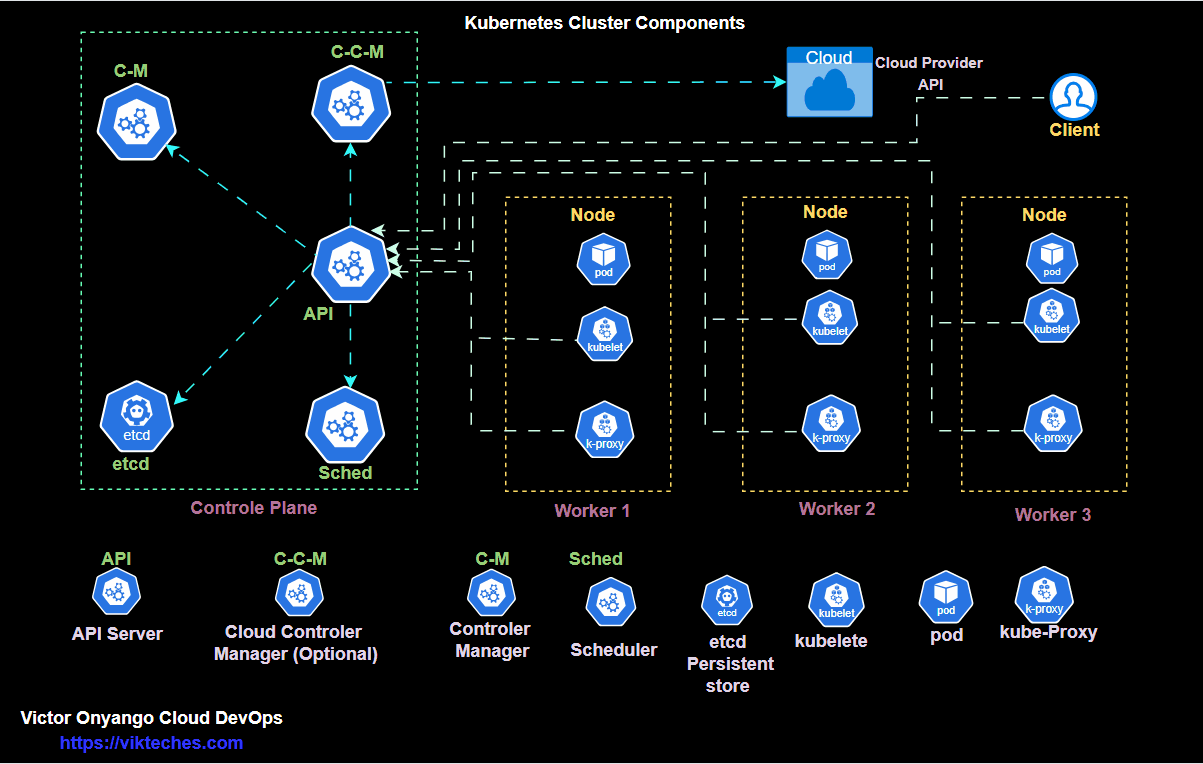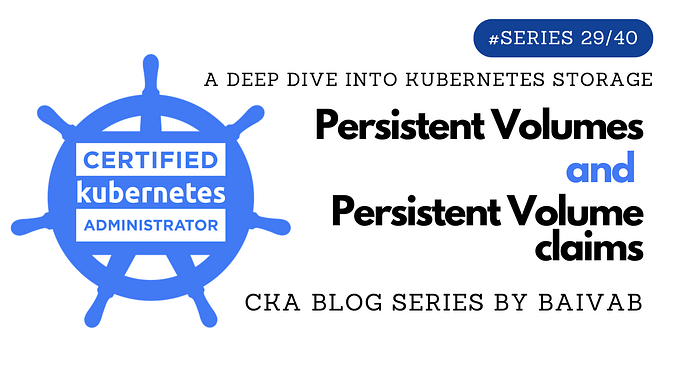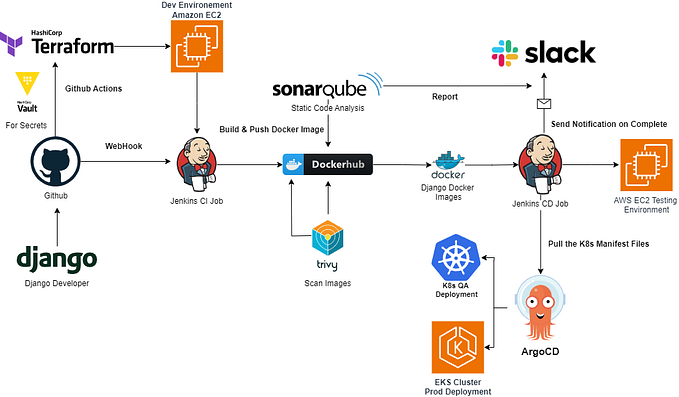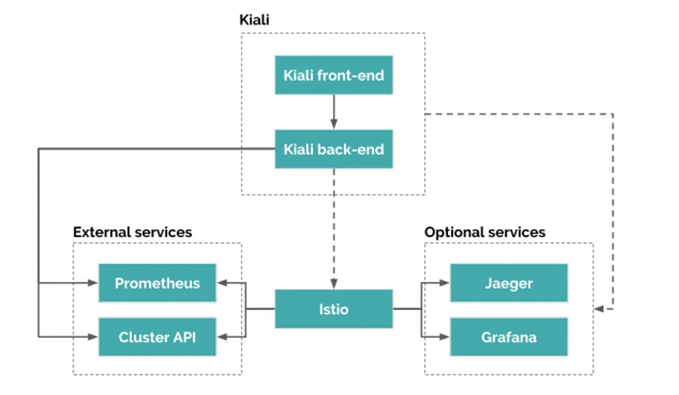Member-only story
Ingress — Kubernetes
Kubernetes Ingress enables customization of how entities outside a network communicate with Kubernetes applications that run within the network.
Kubernetes Ingress is an API object that provides routing rules to manage external users’ access to the services in a Kubernetes cluster.

In other words, it allows you to expose your Kubernetes services to the outside world in a way that is scalable, secure, and flexible.
Ingress ← Theory Part
Some of the benefits of using Kubernetes Ingress
Simplified service exposure
Advanced traffic management
Load balancing
Enhanced security
Scalability and flexibility
Ingress Controller
An Ingress controller is something that implements the information carried by ingress resource
Ingress controller examples are nginx-ingress, HAProxy, etc..,
Nginx ingress is the most widely used controller
This controller runs in a pod of the same cluster
We need to enable ingress in minikube
minikube addons enable ingress
